.webp)
Various Brands
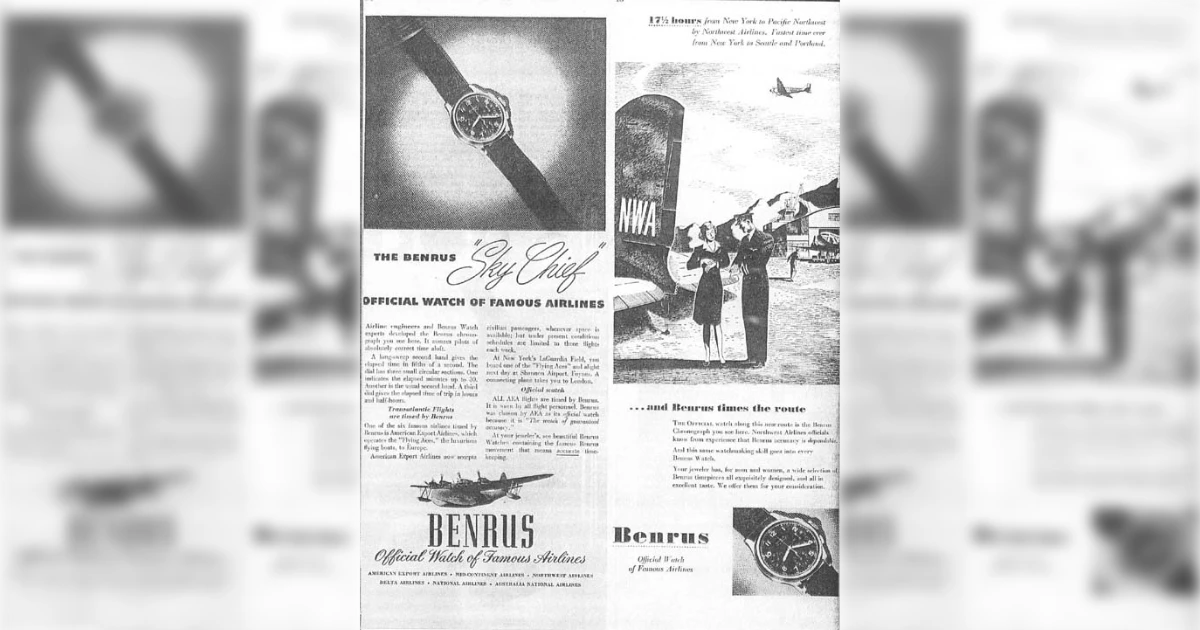
Discontinued: 1950s
American aviation chronograph marketed as “Official Watch of Famous Airlines.” The Sky Chief was used by pilots on transatlantic flights and was endorsed by Charles Lindbergh. The watch was built with Swiss Valjoux movements in American cases, offering professional reliability at competitive prices.

Discontinued: 1975
Square-cased automatic chronograph that initially failed commercially due to radical design. Steve McQueen wore a 1133B in the 1971 film “Le Mans,” transforming it into an icon. The watch was one of the first automatic chronographs, with a crown at 9 o’clock. Film-used examples now sell for millions in secondary markets.
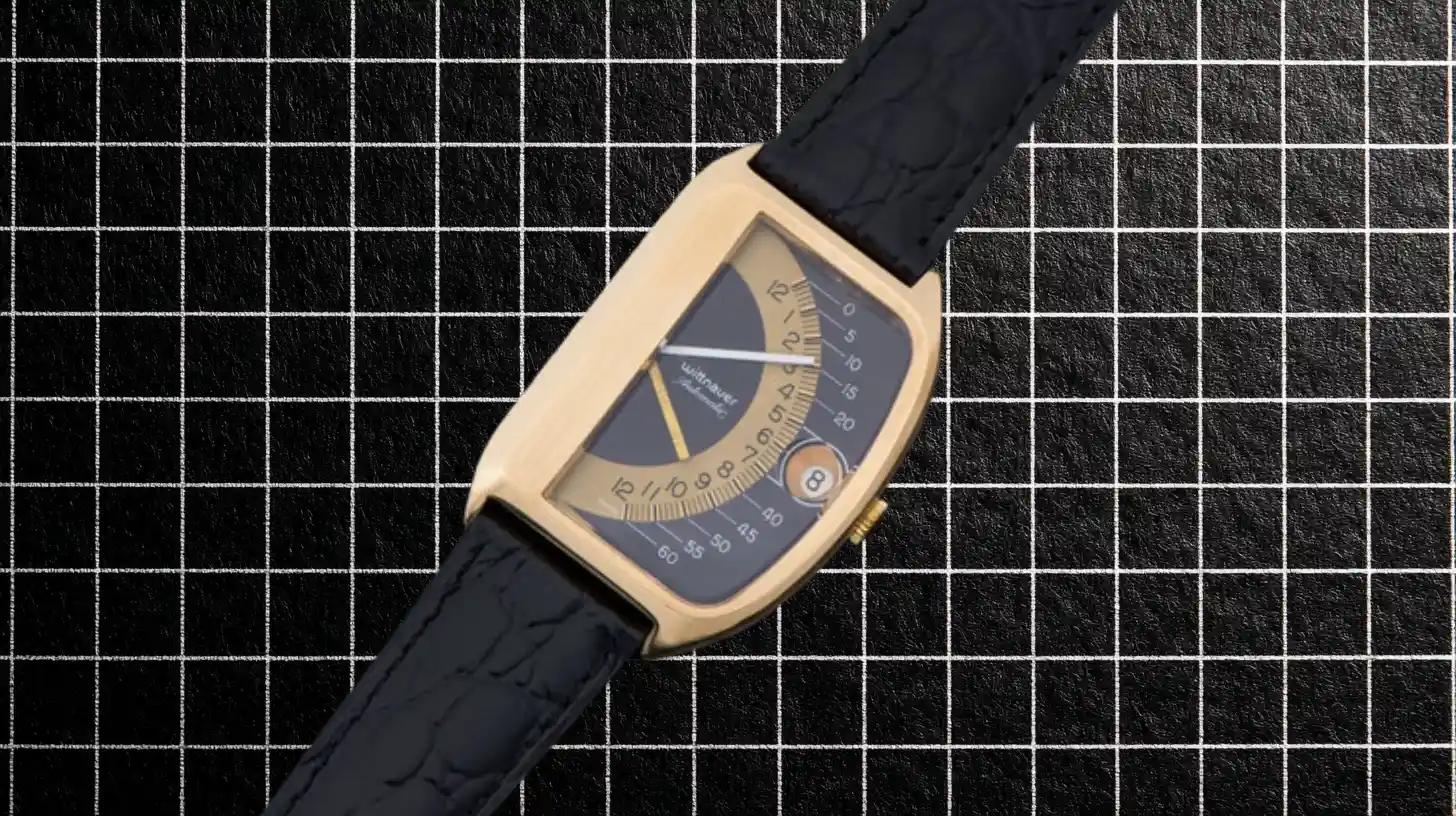
Discontinued:1970
Bizarre rectangular watch with curved edges and retrograde arc display instead of traditional circular layout. The Futurama 1000 represented peak 1970s space-age design optimism. It was designed with a gold-plated case measuring 33mm x 48mm. Today, the watch is extremely rare due to unconventional aesthetics and limited production.

Discontinued:1954
The world’s first serially-produced perpetual calendar chronograph. Only 281 pieces were made, with four in steel being among the most valuable vintage watches ever sold. Launched during WWII when most brands scaled back, the 1518 established dial layout template for all future Patek perpetual chronographs.
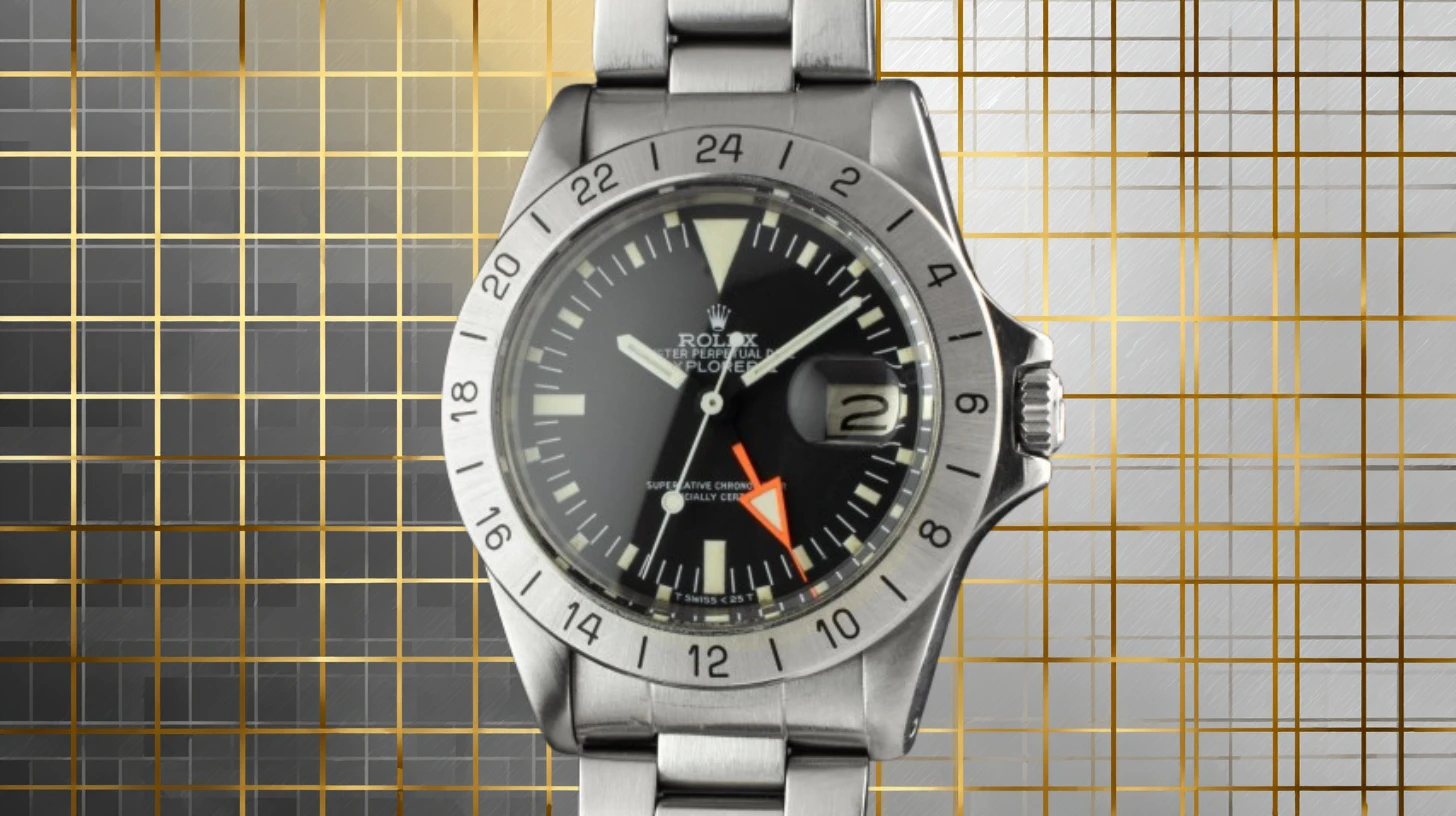
Discontinued: 1985
Designed for speleologists and polar explorers to distinguish day from night in perpetual darkness. This Explorer II featured a distinctive orange 24-hour hand and a fixed bezel. It was later nicknamed “Steve McQueen,” though he never wore one. Originally unpopular, this discontinued Rolex now commands premium prices among vintage collectors.
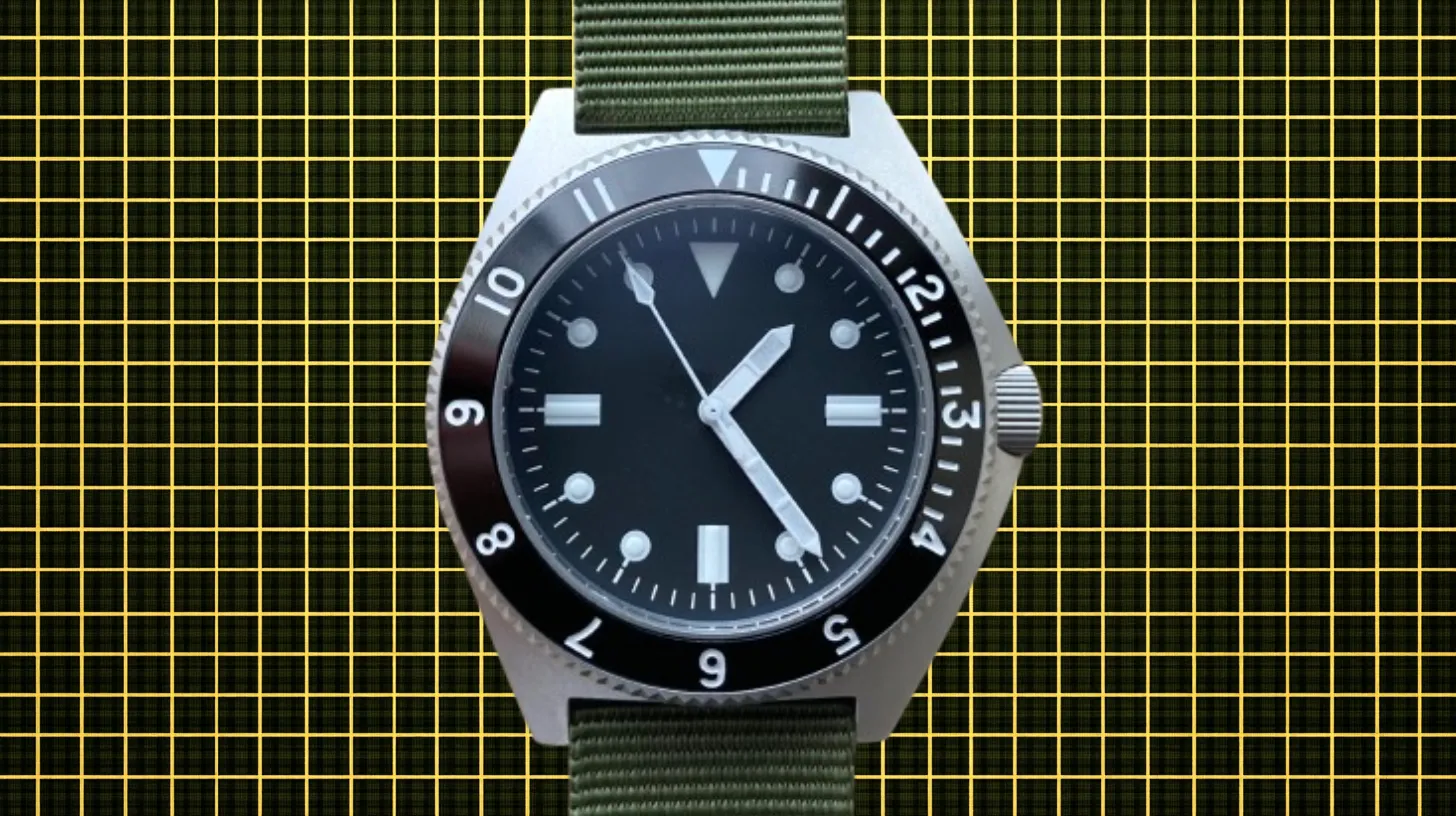
Discontinued: 1980s
Ultra-robust military dive watch for Navy SEALs, Rangers, and CIA operatives. The Type I met extreme MIL-W-50717 specifications requiring 1,200-foot water resistance. Featured an unsigned dial for operational security. But the watch was never sold commercially, appearing only through military surplus channels.
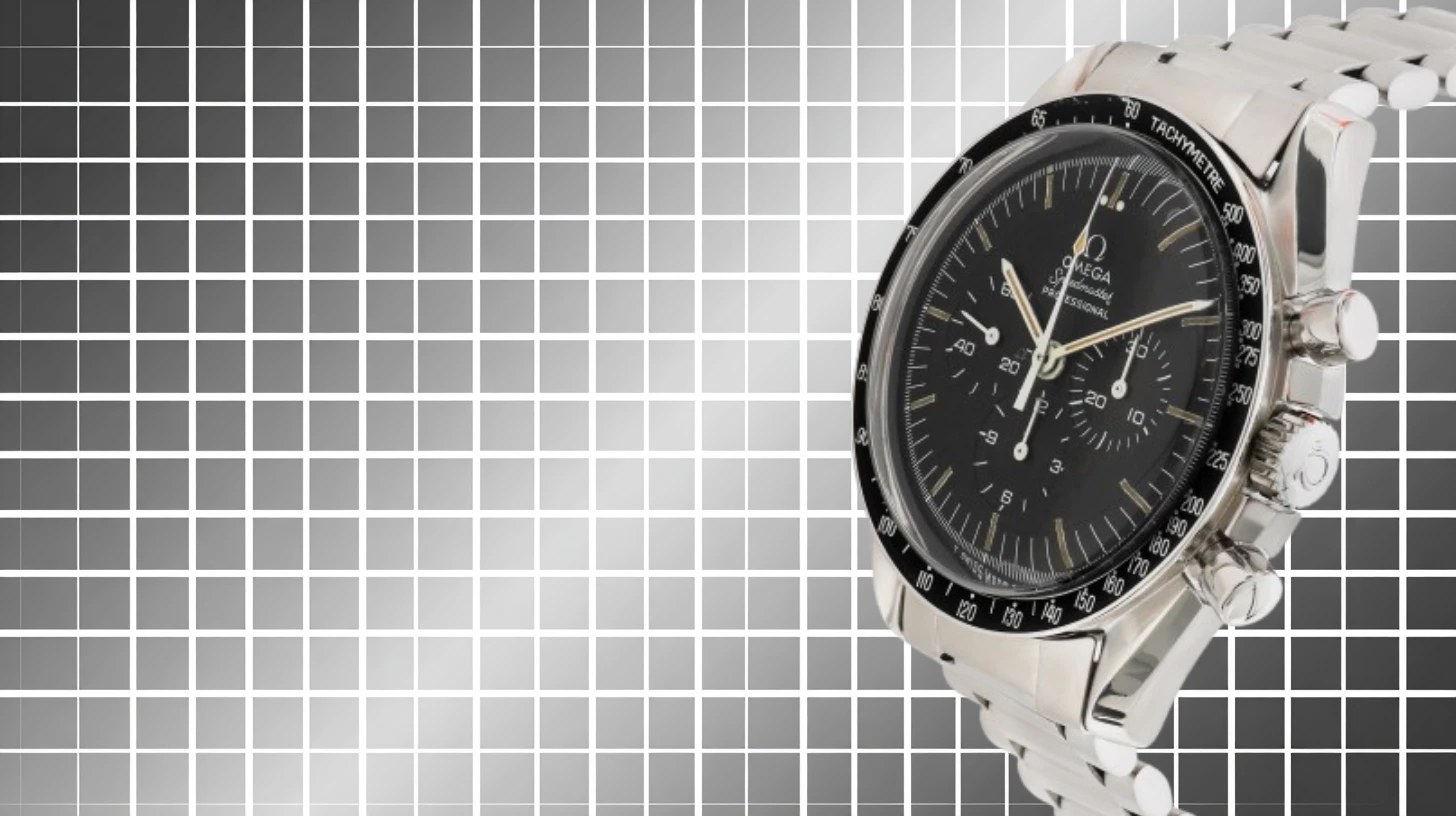
Discontinued:1988
The first Speedmaster with Caliber 861 movement, replacing legendary Caliber 321. The watch became the official “Moonwatch” after Apollo 11, despite arriving post-landing. Longest-running Speedmaster reference with multiple caseback variants commemorating space achievements. Defined modern Speedmaster DNA that we all know today.
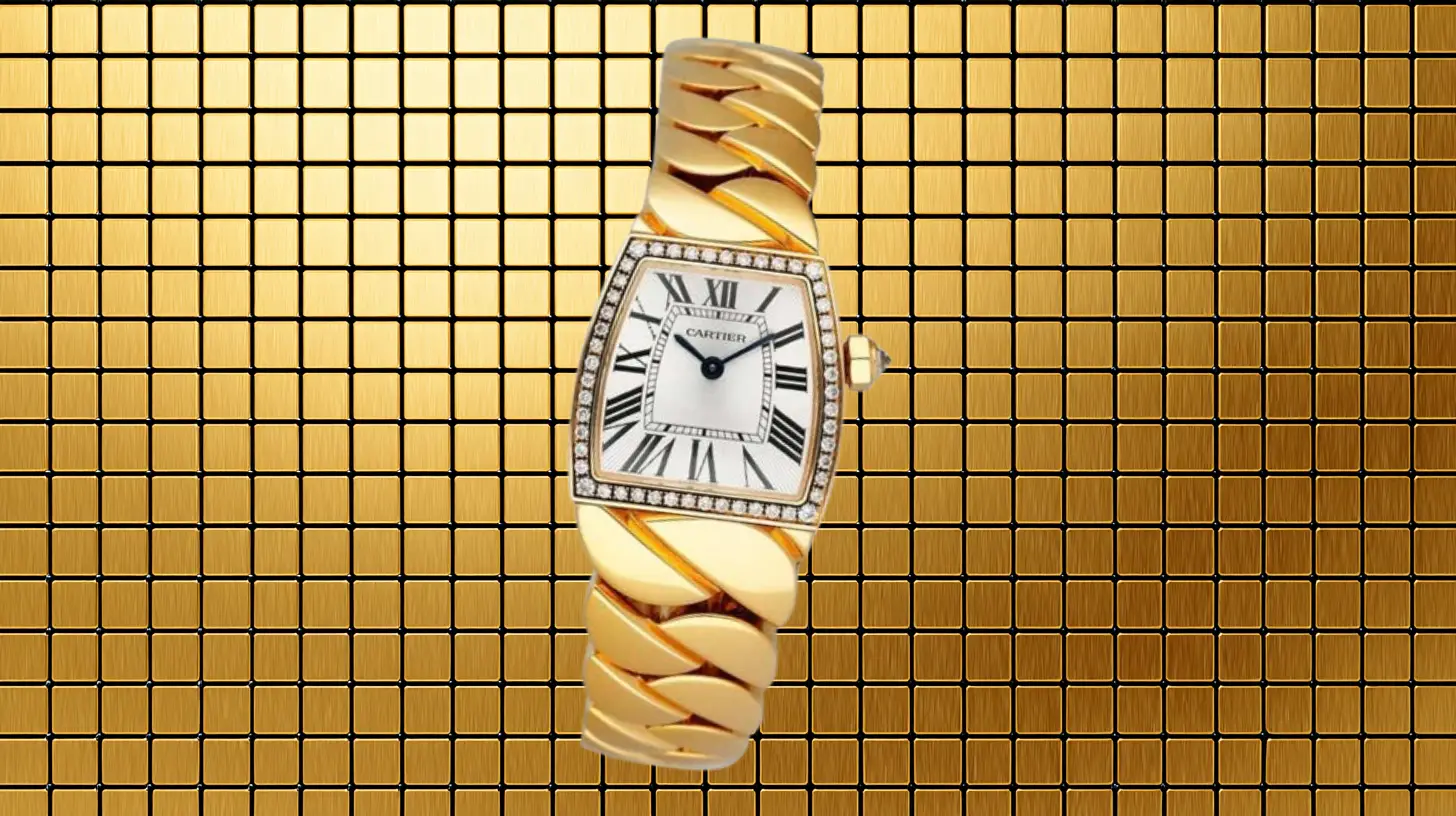
Discontinued: 2012
This was a Tonneau-shaped women’s watch launched with a massive Geneva party, but failed to achieve the expected success. The La Doña featured a curved case and integrated bracelet design. But the luxury brand failed to read the market and didn’t sell well during its time. But Cartier’s experimental designs often become collectible decades later.
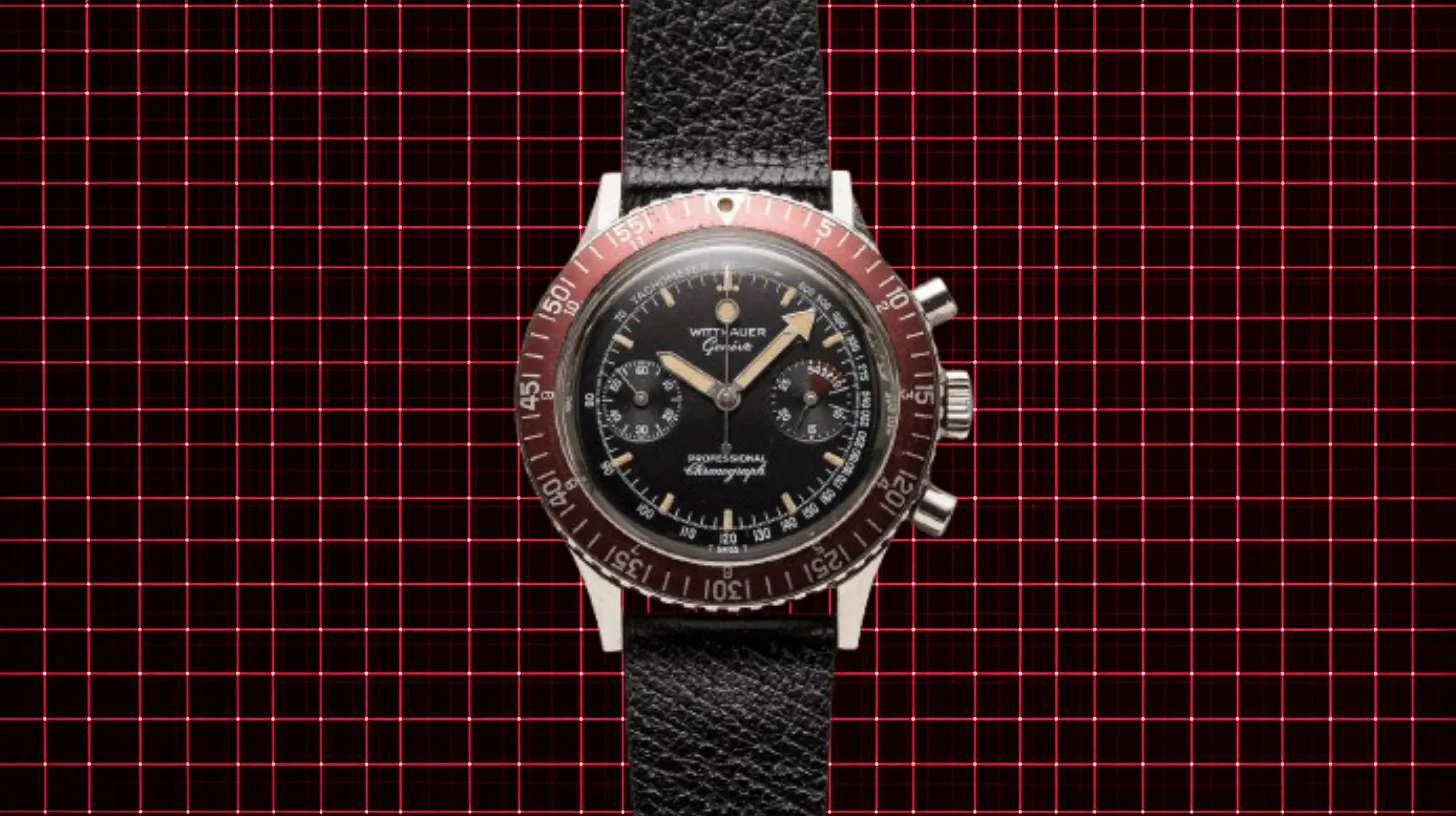
Discontinued: 1960s
Professional chronograph submitted to NASA alongside the Omega Speedmaster but not selected. Featured a distinctive burgundy rotating bezel and matte black dial. The first-generation examples had a single “Wittnauer” branding. The watch was an American attempt to compete with Swiss chronograph dominance during the space race.
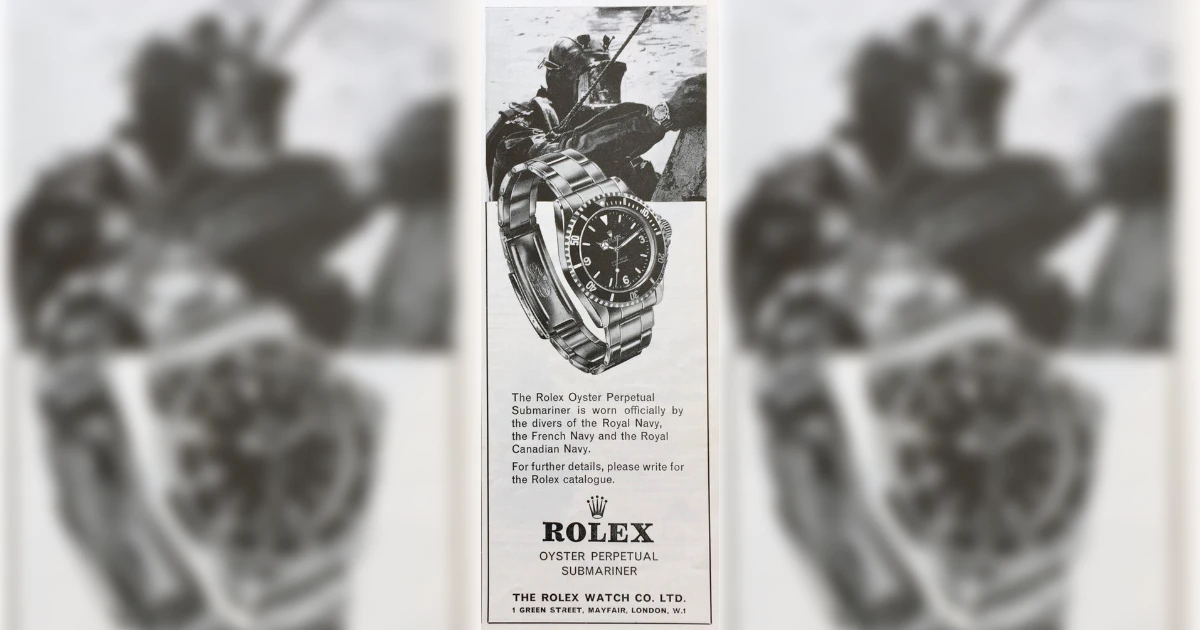
Discontinued: 1989
Classic no-date Submariner with the longest production run of any Rolex reference. Distinguished by a “2-line” dial lacking chronometer certification. Evolved through gilt, matte, and glossy dial eras. It was also the last Submariner with a bi-directional bezel and an acrylic crystal. It’s one of the most vintage Rolex dive watches you can find on the collector’s market.
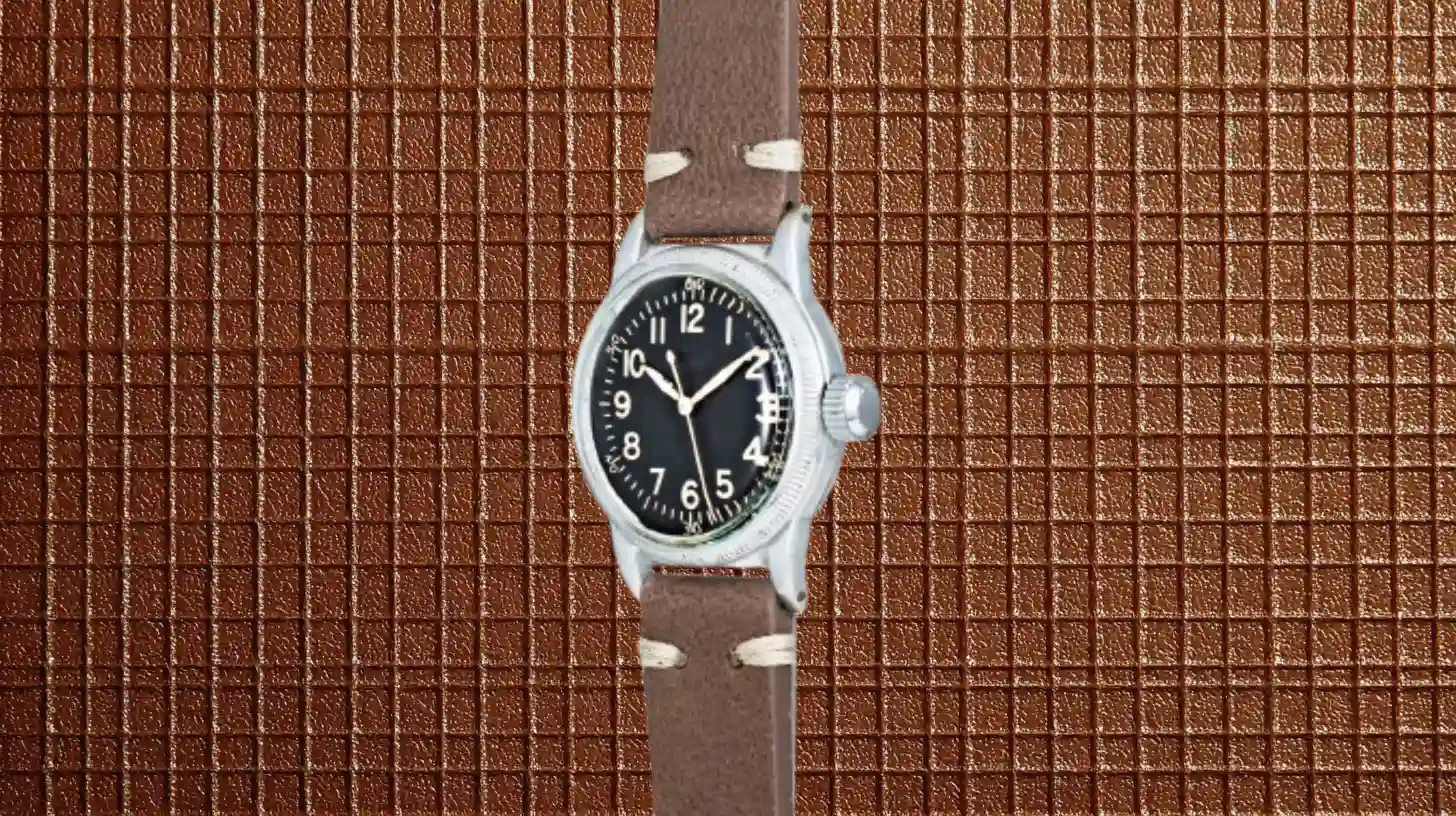
Discontinued: 1940s
Standard-issue navigation watch for the U.S. Army Air Forces during WWII. The A-11 featured hack-seconds for synchronized timing and a high-contrast dial for cockpit visibility. It was mass-produced by America’s largest watch factory complex. It was peak American watch design before the Swiss dominated the watch market.
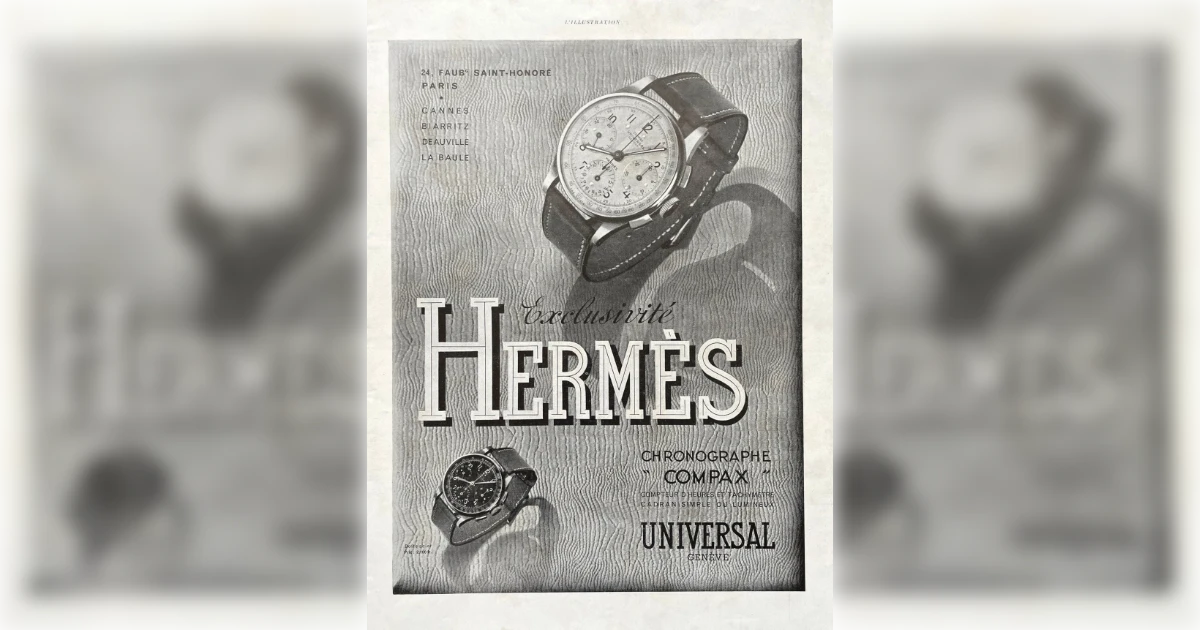
Discontinued:1960s
This elegant chronograph series was made by Swiss pioneers who created the first wristwatch chronograph in 1917. It established Universal Genève as a chronograph specialist through Art Deco and mid-century periods. The entire brand disappeared during the quartz crisis despite exceptional technical quality and finishing.